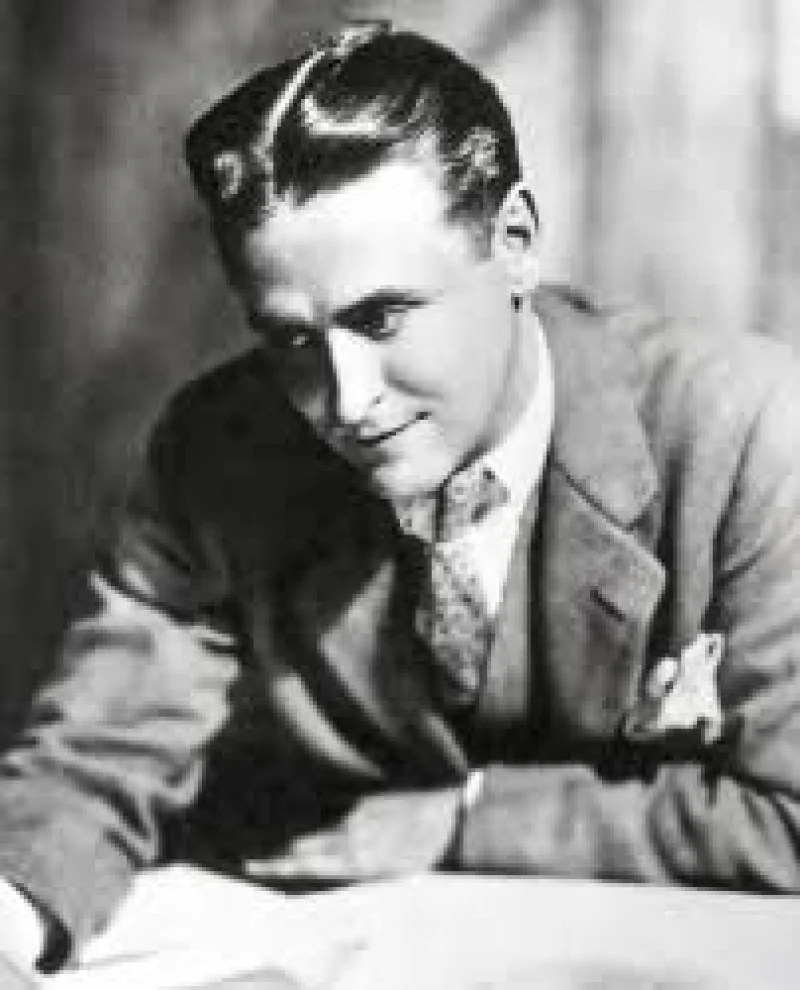Short Summary
F. Scott Fitzgerald was an American novelist and short story writer, best known for his novel "The Great Gatsby," which is widely regarded as a classic of American literature. His work often explored themes of wealth, youth, and the American Dream during the Jazz Age. Despite battling personal and financial difficulties, his literary contributions have left a lasting impact, cementing his place among the great American writers.
Early Life & Education
Francis Scott Key Fitzgerald was born on September 24, 1896, in St. Paul, Minnesota. He was named after his distant relative, Francis Scott Key, who penned "The Star-Spangled Banner." Fitzgerald grew up in a middle-class family, and his early education took place in Catholic schools. His passion for writing emerged during his time at the Newman School, a Catholic preparatory school in New Jersey. He later attended Princeton University, where he honed his craft, although he left before graduating to join the army during World War I. His early life and education significantly shaped his literary voice and themes.
Career Highlights
Fitzgerald's literary career began with the publication of his debut novel, "This Side of Paradise," in 1920, which brought him immediate fame. He followed it with "The Beautiful and Damned" in 1922, further establishing his reputation. His most iconic work, "The Great Gatsby," was published in 1925, although it was not widely acclaimed until after his death. In addition to novels, he wrote numerous short stories for magazines, which were a significant source of income. Despite personal struggles, his work encapsulated the spirit of the Jazz Age, a term he is credited with popularizing.
Major Achievements
- Published "This Side of Paradise," his debut novel, which was a commercial success and launched his literary career.
- Authored "The Great Gatsby," considered one of the greatest American novels, exploring themes of decadence and idealism.
- Coined the term "Jazz Age" to describe the 1920s, capturing the cultural zeitgeist of the era.
- Wrote numerous acclaimed short stories, contributing significantly to American literature.
Famous Quotes
- "So we beat on, boats against the current, borne back ceaselessly into the past."
- "The test of a first-rate intelligence is the ability to hold two opposed ideas in mind at the same time and still retain the ability to function."
Interesting Facts
- Fitzgerald was named after his distant relative, Francis Scott Key, who wrote the U.S. national anthem.
- He never saw much financial success from "The Great Gatsby" during his lifetime.
- Fitzgerald struggled with alcoholism, which affected both his personal and professional life.
- His wife, Zelda Sayre, was also an accomplished writer and artist.
- He died believing himself a failure, unaware of the lasting impact his work would have.
Legacy / Influence
F. Scott Fitzgerald's exploration of themes such as the American Dream and the excesses of the Jazz Age left a profound impact on American literature and culture. "The Great Gatsby" remains a staple in literary studies and continues to inspire adaptations in various forms of media. His writing style and thematic focus have influenced generations of writers, solidifying his legacy as a quintessential American author.
FAQ
Q: Why is F. Scott Fitzgerald famous?
A: He is famous for his novels, particularly "The Great Gatsby," which is considered a classic of American literature.
Q: What are some themes in Fitzgerald's work?
A: Common themes include the American Dream, wealth, youth, and the moral decay of society.
Q: Did Fitzgerald achieve success during his lifetime?
A: He experienced both critical and commercial success early on, but struggled financially and personally later in life.
Q: What is the significance of the term "Jazz Age"?
A: The term, popularized by Fitzgerald, describes the cultural and societal changes of the 1920s in America.











